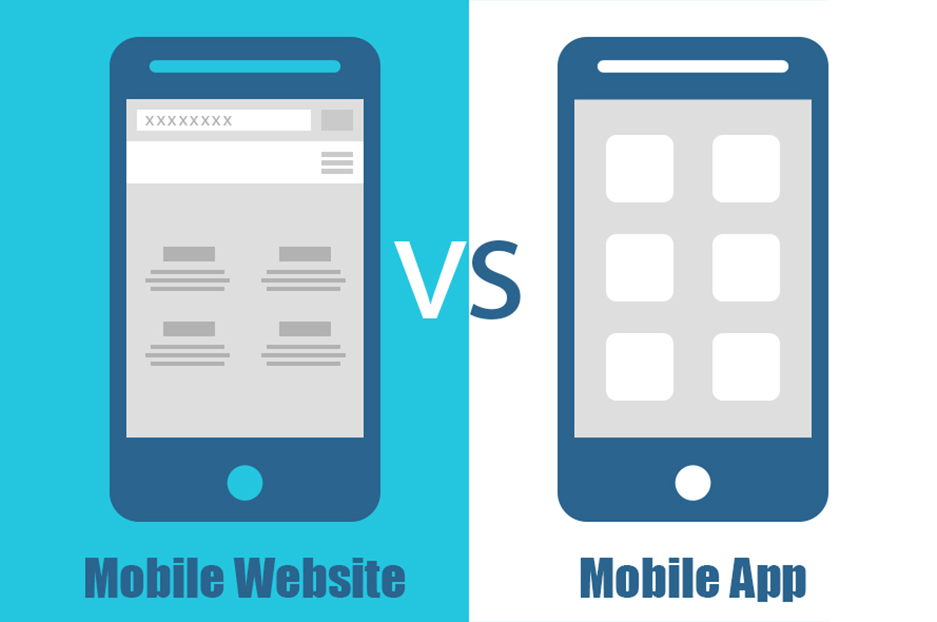Nowadays, everyone is online. So, it’s understood that to be closer to your customers, your business needs a website in any case. Access to the Internet 24/7 from almost anywhere in the world is becoming more and more available thanks to different mobile devices, which are being invented, improved and spread very quickly. Mobile-gadget orientation is not just a modern trend, but an obligatory strategy if you want to avoid losing your potential and actual clients. There are a few ways to make your web-product mobile-friendly. You may adapt your existing site to mobile devices, implementing a mobile website or responsive web design. Besides improving your website, you can also create a totally new product — a mobile application. A mobile web app and mobile version of a site are two terms for the same thing, as discussed previously. Thus, today we will focus on native mobile app, what people think of when they hear ‘mobile app.’
So, how to deliver your content through your customers’ mobile devices? Mobile-friendly site or a native mobile app? Which way is better? Let’s compare both options to find the best one for your business.
Criteria for site vs application comparison:
Accessibility
The users have immediate access to websites via browsers on any internet connected devices. To see the applications’ content, users have to first find it across the marketplaces, such as Apple’s App Store, BlackBerry App World, Windows Phone Store or Android Market (now Google Play), then download and install it. This takes more time and effort than the access to a site requires.
A native mobile app is ‘native’ to a certain platform, that is, it’s designed specially for just one. Thus, an Android phone cannot run, for example, an iOS app, and vice versa: an Apple phone cannot run an Android app. So, you have to develop a few separate versions to make them accessible for every type of device your client might have.
Internet connection
Websites which are run in the browser obviously require an internet connection and are useless when it’s not available. There are many ways to access the Internet, both hardwired and wireless, but sometimes users don’t have online access. In such situations, it’s convenient to use a native app, because one of its benefits is a capability to provide offline access to its content.
Shareability
Website URLs can be easily shared between users via an e-mail, SMS, private message or post in a social network. Publishers can also use a hyperlink to direct people to a website from their site’s page, or even in print. An application can’t be shared this way.
Updatability
A website is more dynamic concerning the flexibility of the updating process. Any changes to its design or content are instantly visible to the visitors without any action required on their part. The users of native apps, on the other hand, who want to have the latest version, need to install it themselves. This can also be problematic because they may not be aware of the release of each new version, at least not immediately. Thus, you may end up supporting several versions as you wait for users to install your updated native app.
Lifetime
Research, held by Pinch Media, shows that the average lifetime of an iPhone app is pretty short — only 30 days. A month after installation, it is still being used by less than 5% of people. The graph for paid apps displays a somewhat steeper fall-off rate. So, your app must be something genuinely unique and truly useful to hold your consumers’ attention as long as possible. A website, on the other hand, can’t be deleted by users and is there or them to return.
So, which should you choose?
If your goal is to deliver your content with frequent updates and to inform as many people as possible, then a mobile-friendly site is a nice solution as it allows you to be easily found by search engines, shared between users and publishers and viewed without installation. If you think that your target audience is going to personalize your product, then an application will work best for personal accounts and user generated content.
Still hesitating? You may as well establish your mobile presence with the help of both site and app. Whatever you choose, remember, mobile is the future here, and we are here for you to help your business be up-to-date and successful.
